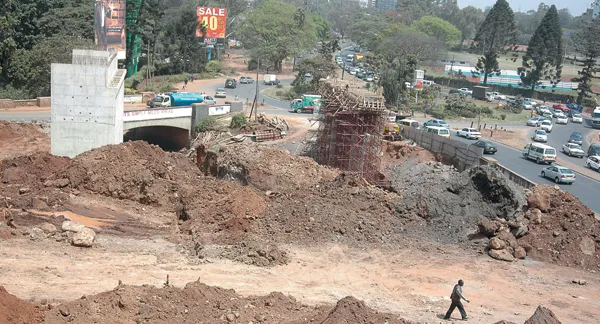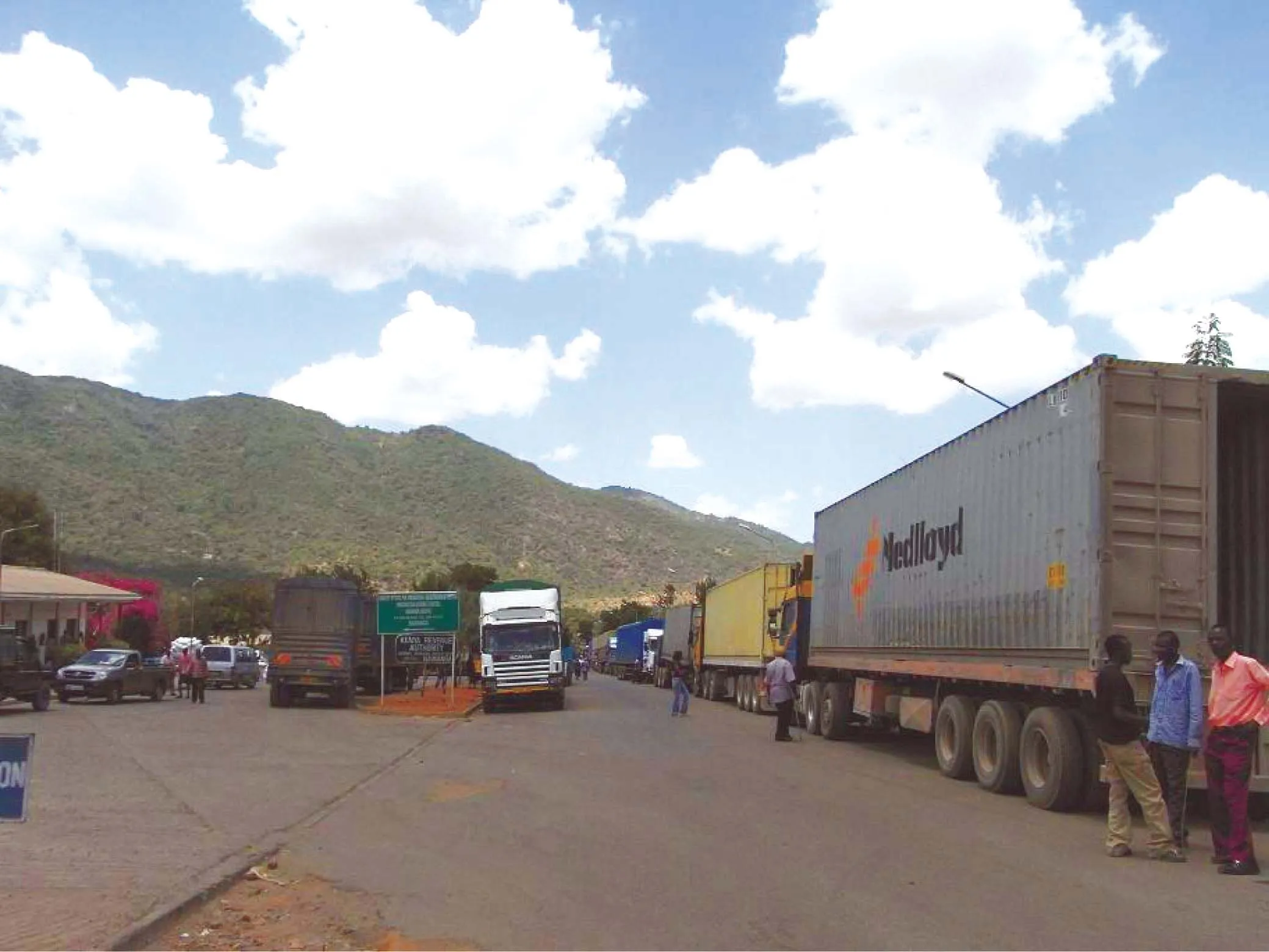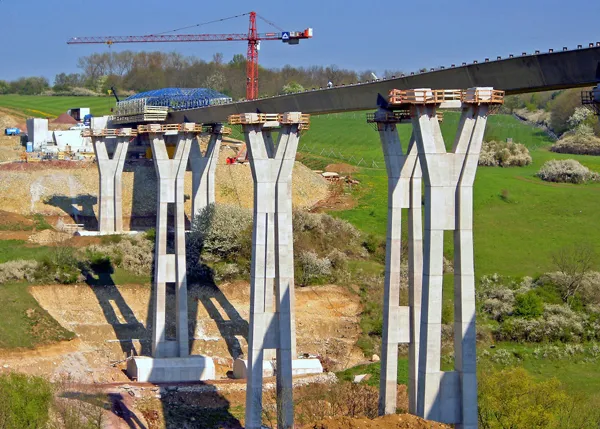Kenya is investing in road developments , reports Shem Oirere. A multi-million dollar highway expansion project in Kenya's capital Nairobi may now be delayed for close to a year because of a huge underground network of water, electricity and communication pipes and cables that has slowed down construction works.
February 16, 2012
Read time: 4 mins

Kenya is investing in road developments, reports Shem Oirere
A multi-million dollar highway expansion project in Kenya's capital Nairobi may now be delayed for close to a year because of a huge underground network of water, electricity and communication pipes and cables that has slowed down construction works.Design engineers have sought to slow the progress of the works on the US$300 million project to enable the relocation of the underground utility networks by Kenya's power utility firm, Kenya Power & Lighting Company (KPLC), water utility
The project has been split into three sections for ease of supervision and monitoring of construction works is being implemented by three Chinese companies;
"Most of the roads were two to four lanes and we are making them six to eight lanes, and a lot of these utilities were sitting on road reserves," Ramesh said.
in a notice carried by various daily newspapers in Nairobi both KPLC and the NWSC have assured they will hasten the re-location of the underground pipes and cables so as to enable the contractors proceed with construction according to the project's design.
The highway's design has equally presented serious challenges to the engineers who have identified the construction of an underpass and an overpass at the Museum Hill, Pangani and the Eastern Bypass junction as the most complex of the 50.4km long highway. The stretch of the road will have six lanes from the current four and a new forked flyover.
According to Kennedy Nyakuti, one of the project's design engineers, the construction works on this part of the stretch represent, "...the perfect engineer's nightmare." Design engineers have divided the 50.4km highway into three sections and each section will be worked by a different contractor of the three Chinese companies. The sections include Thika town-
Works on the Muthaiga roundabout-Uhuru Highway involves $100 million arterial connections totaling 12.4km being constructed by China Wu Yi Company Limited. Specific works include expansion of the section of the highway from the current six lanes to eight, construction a four lane flyover. The contractor will also increase Murang'a road's lanes from the current four to six and build an underpass.
Section two of the highway project is on the 24km Thika town-Kenyatta University stretch being done by Shengli Engineering Construction Group Limited at a cost of $117.5 million. It includes the widening of the carriageway to six lanes, construction of a six lane flyover at Eastern Bypass and two underpasses.
The final stretch of the highway is the 14km Muthaiga roundabout-Kenyatta University section being constructed by Synohydro Corporation Limited at a cost of $107.5 million. This section is set to become the first high-speed superhighway in the city with between six to eight lanes "with limited access and exits" and involves the construction of an underpass, an interchange, flyovers and a subway.
The highway, a dual-carriageway road constructed to bitumen standard in the 1970s, carries around 70,000 vehicles/day, with one of the highest road accident incidents on the Kenyan road network. Over the past five years for example, the road has recorded 700 road accidents, with 227 of them being described by the Ministry of Transport as "fatal". The upgrade is necessary to improve safety and reduce the current congestion problem.
Financing for the project, which was initially slated for completion in July 2011, has been provided by the African Development Bank (AfDB). The bank has provided 63% of the total project costs while the








